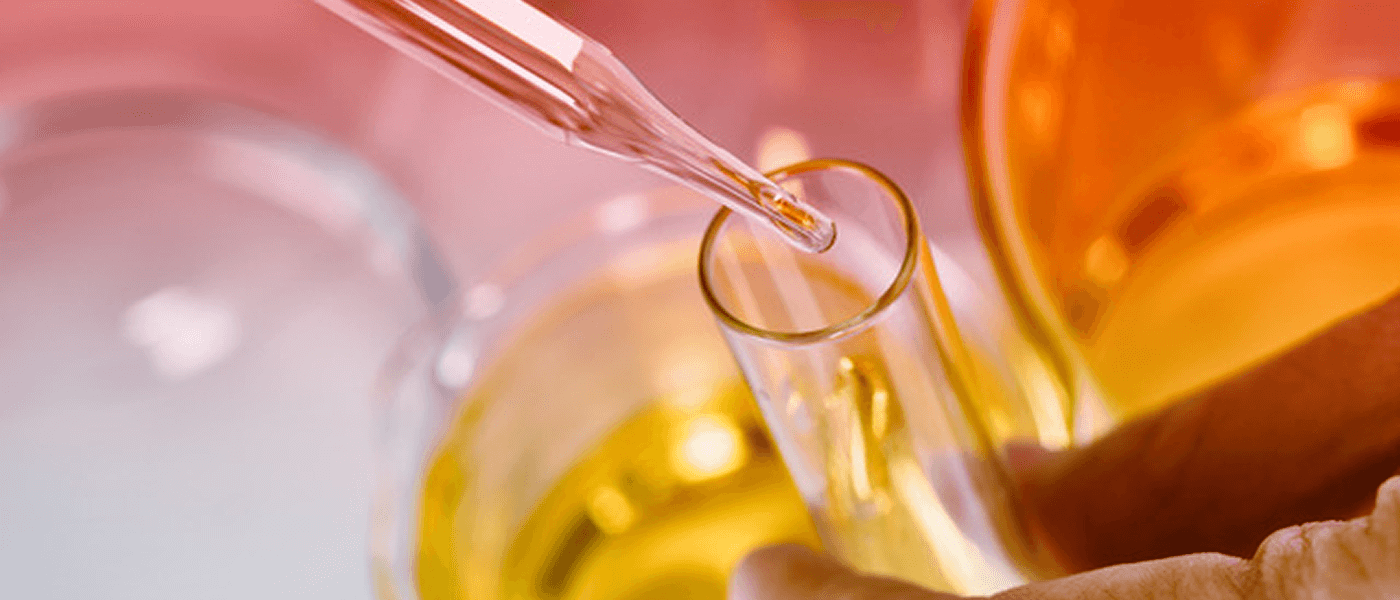 10 min read
10 min readRejuvant Reduces Biological Age by 8 Years in Humans
A retrospective study of 42 healthy individuals using Rejuvant (Ca-AKG + gender-specific vitamin) over 7 months showed an average reduction of 8 years in biological age, measured by DNA methylation clocks. The benefit was robust across age and sex and especially pronounced in older participants. This is the first published human evidence showing such a marked age reversal using Rejuvant’s specific form of CaAKG.
